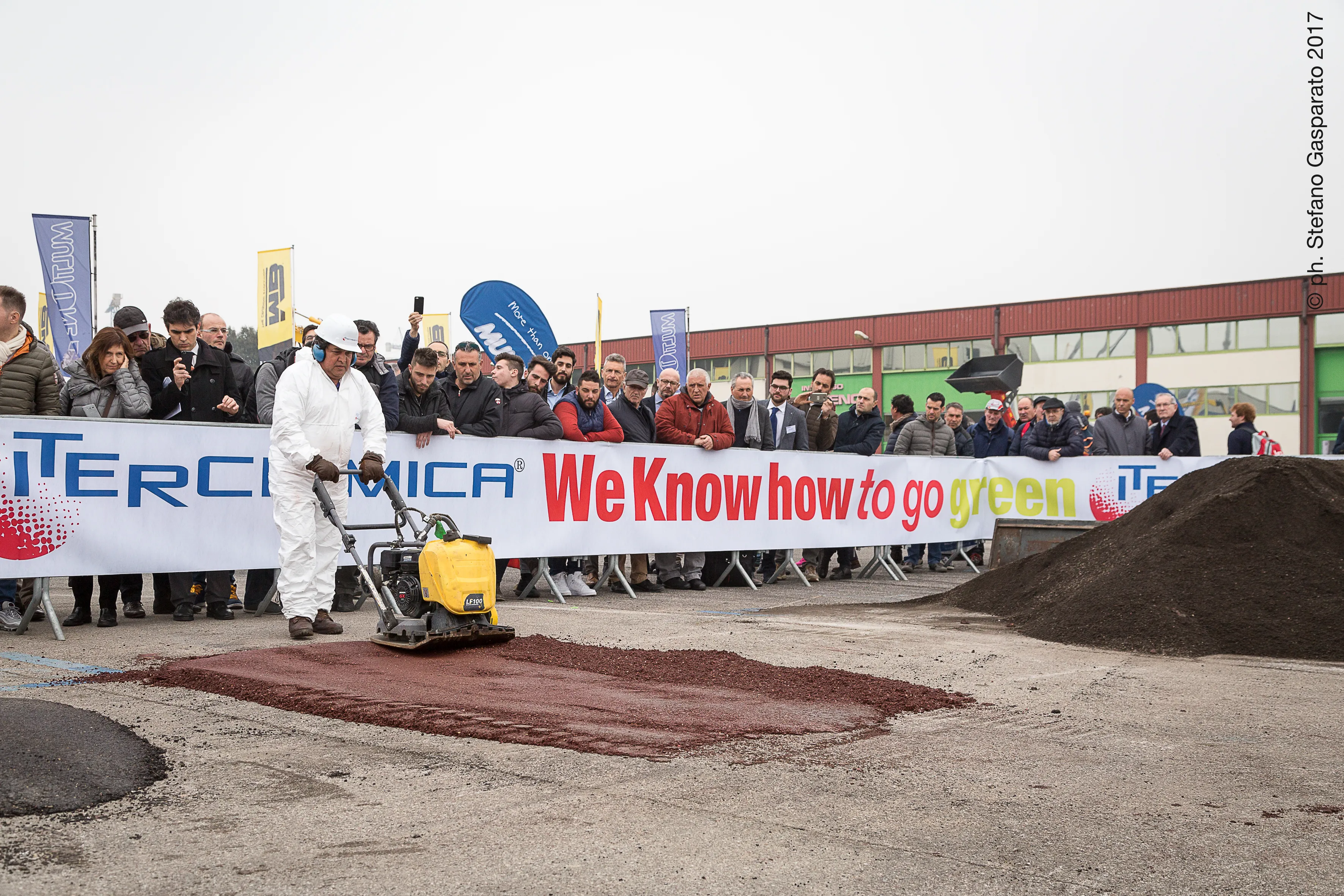The authorities in Lithuania have installed up to 150 speed cameras to help monitor drivers on the country’s road network. This system has proven effective at encouraging locals to respect speed limits, but foreign drivers are not always aware of the speed restrictions and often leave the country before the authorities are able to catch them. With only a number of Lithuania’s neighbouring countries having bilateral agreements over driving offences, this means some drivers escape without charge.
March 17, 2014
Read time: 2 mins
The authorities in Lithuania have installed up to 150 speed cameras to help monitor drivers on the country’s road network. This system has proven effective at encouraging locals to respect speed limits, but foreign drivers are not always aware of the speed restrictions and often leave the country before the authorities are able to catch them. With only a number of Lithuania’s neighbouring countries having bilateral agreements over driving offences, this means some drivers escape without charge. However one driver from Belarus found out to his cost that after driving a high performance Maserati at up to 196km/h in a country with a 100km/h limit, Lithuania’s police had placed him on a list of known offenders. Officers were able to stop the man 30km from the border with Belarus and after checking, found he had committed numerous speeding offences and charged him accordingly.








